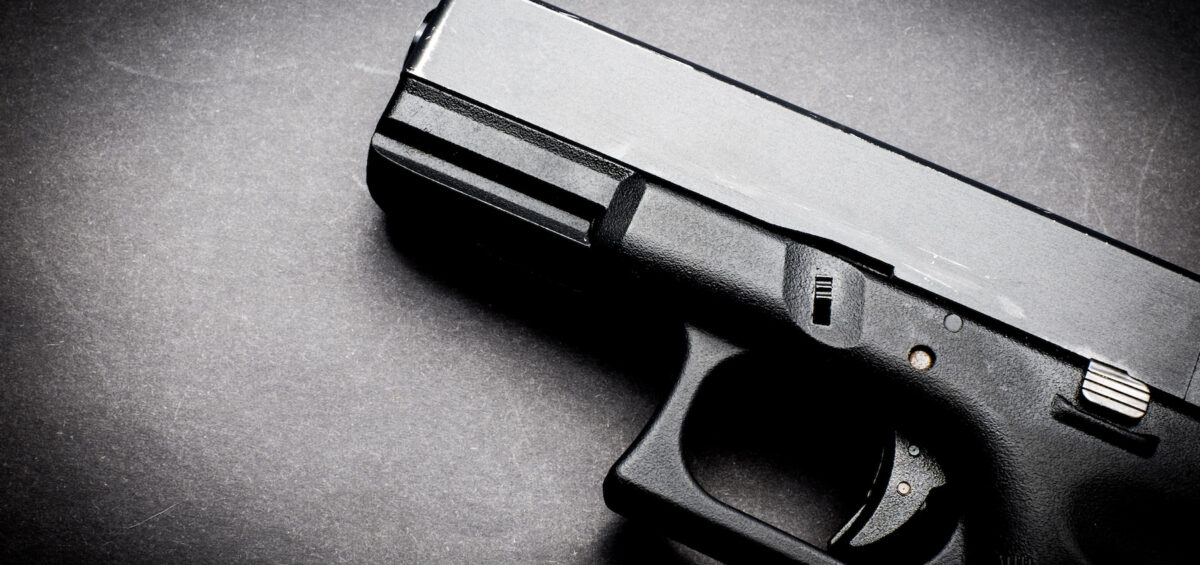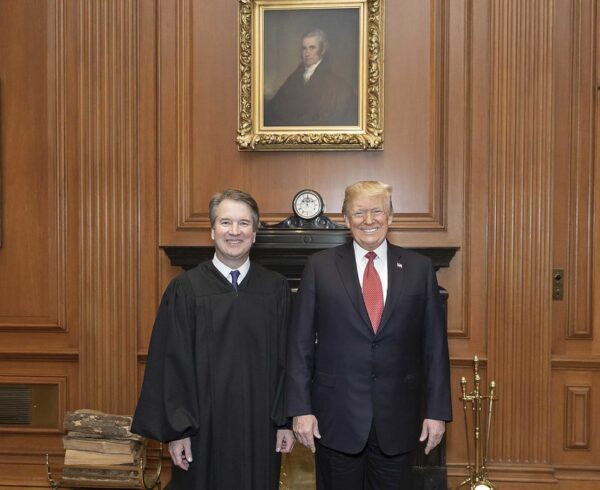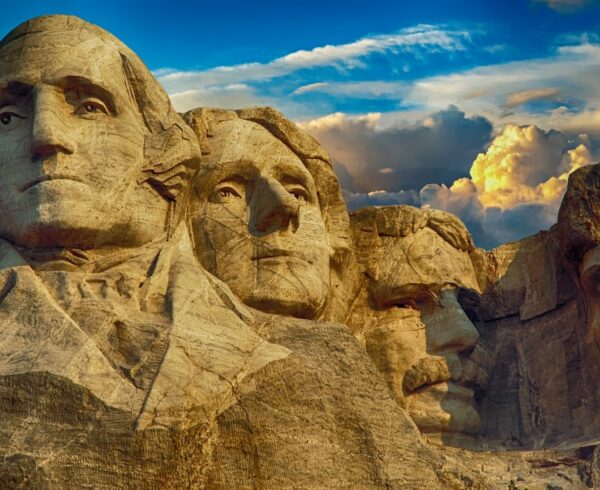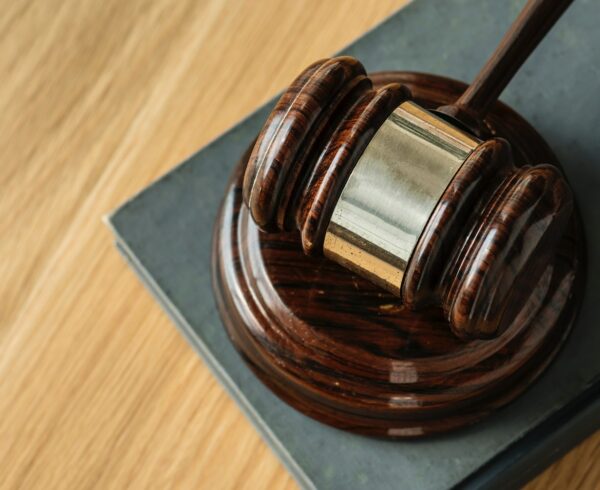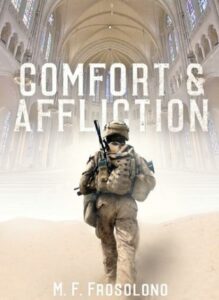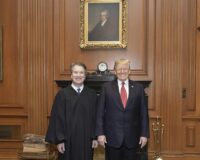The Second Amendment to the United States Constitution provides the legal basis for citizens to own firearms and, as well, to be armed with them (i.e., bear them) in private and in public: A well regulated militia being necessary to the security of a free state, the right of the people to keep and bear arms shall not be infringed. The Second Amendment was adopted on Dec. 15, 1791 as part of the Bill of Rights. Supreme Court decisions as recently as 2008—2016 have upheld this amendment.
I exercise my Second Amendment rights by owning several legally purchased firearms, which presently are in the safe keeping of one of the world’s two greatest sons-in-law. Texas state law prohibits firearms on the property of our assisted-living facility, except by law enforcement officials. I probably could keep my Glock pistol “hidden” in our Honda Odyssey parked on the property; however, I prefer not to violate the clear meaning of the law. Based upon my own past experience, I am uncomfortable with this prohibition primarily because I consider my firearms to be my last line of personal defense. If I were to go on a long road trip, I most likely would take the Glock with me.
Avoiding Paranoia
This blog post will not discuss the continuing debate about the Second Amendment, which focuses on the precise meaning of A well regulated militia as opposed to the individual right to keep and bear arms, now that state militia no longer meaningfully function in our national defense. (Non-federalized National Guard units are not state militias in the original sense of the Second Amendment.) I do not see this part of the Second Amendment being abolished in the foreseeable future. Even if a president were elected on a party platform stating the Second Amendment will be drastically modified or abolished, the intricate process required for amending the Constitution should maintain the Second Amendment in its basic present form. Specifically, a president cannot unilaterally change or eliminate the Second Amendment. Appointment of “liberal” Supreme Court justices could limit the amendment, provided the court disregards its well-established precedents. We might see some future regulations that many citizens will not want, but I believe the right of citizens to keep and bear arms will survive. Furthermore, absent a change in the Second Amendment, the federal government cannot confiscate the firearms of law-abiding citizens who are not convicted criminals, mentally ill, or judged to be threats to themselves or others. That is, we must not allow ourselves to descend into paranoia about losing our Second Amendment rights despite the furor of the 2016 electoral campaign.
Combating Tyranny
Many citizens and the National Rifle Association believe the right of the people to keep and bear arms is necessary to prevent federal and state governments from becoming tyrannical. That is, persons adopting this premise are actually willing to engage in armed conflict against governments perceived to be tyrannical. This idea comes directly from English common law and was part of the 1689 English Bill of Rights. The noted English legal authority Sir William Blackstone described how natural rights of citizens to keep and bear arms supported self-defense, resistance to oppression, and the civic duty to act in concert to defend the English country and government.
Although taking up arms against the tyranny of the federal government invokes a noble defense of freedom, we should be aware that such opposition will most likely have a short and unsatisfactory life. For instance, one firefight against federal units probably will exhaust the ammunition supplies of most armed citizens. Additionally, where would the armed citizenry opposing governmental tyranny obtain weapons effective against tanks and other armored vehicles? Do we rationally believe large units of our armed forces would join a citizens-led fight against perceived tyranny?
Again, Perceptions Matter.
My most recent blog posts deal with the idea that we operate on our perceptions of the truth rather than the absolute truth. The right to keep and bear arms, especially with respect to combating a tyrannical government, is a classic two-edged sword—something that has, or can have, both favorable and unfavorable consequences dependent upon our perceptions. My perception suggests an armed citizenry could properly be an adjunct to resisting tyranny and to participate in national defense in case our country were invaded. I also agree that an armed citizenry properly can defend against criminal activity under some circumstances.
Another perception exists. But first let me state categorically that I do not condone criminal activity, no matter what may be the provocation or the perpetrators. The recent, and continuing, violence some African-American citizens have committed against law enforcement personnel is the other side of the two-edged sword of the Second Amendment: Do some of the African-American citizens who have used firearms to perpetuate this violence believe they are resisting tyranny and criminality committed by law enforcement personnel?
An old truism states that the victors write history. By analogy, federal and state governments define criminality, albeit seldom their own. For instance, we may reasonably infer that Cliven Bundy and his supporters believe their actions against the United States Bureau of Land Management—in not paying grazing fees on federally owned land in southeastern Nevada and occupation of the Oregon Malheur Wildlife Refuge—constitute Second Amendment-sanctioned resistance to tyranny. Nevertheless, the federal government has charged this group with criminal acts. Similarly, the violence some of our African-American citizens commit against law enforcement personnel has been defined as criminality.
Potential positive outcomes of this violence may yet result in focusing public attention on: (1) the amount of land, chiefly in the western states, that the Bureau of Land Management has removed from private ownership and (2) the illegal activities of law enforcement, especially those deriving from racism.
